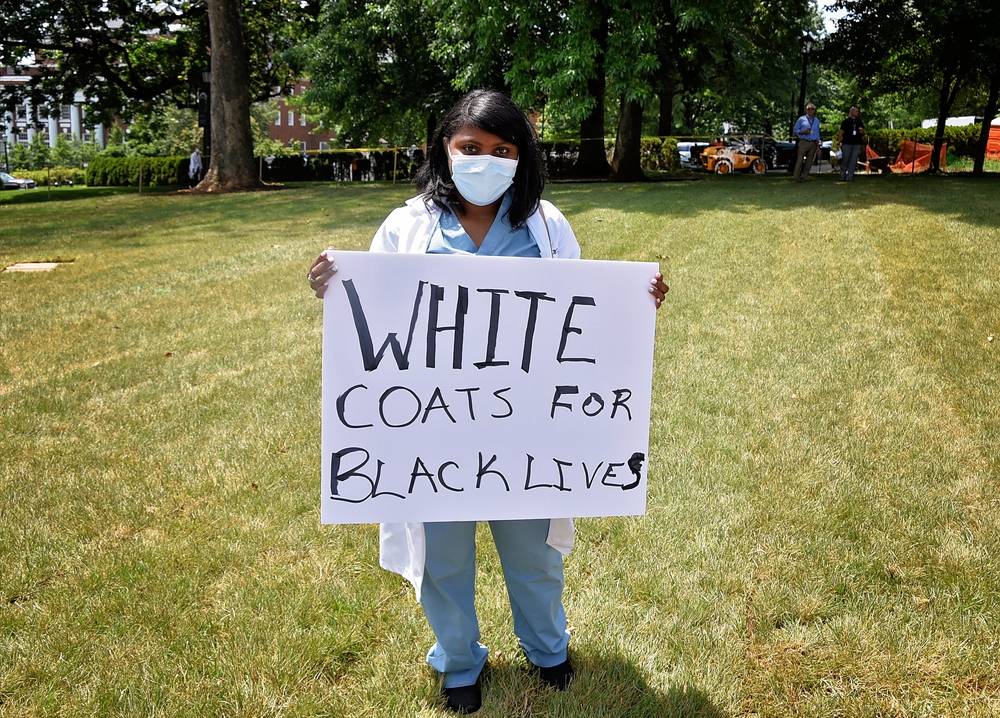Addressing the Racism and Sexism that Persists in Medical Training and Health Care

It’s distressing to learn from practicing physicians that racism and sexism continues to create a toxic work environment for professionals. A recent LinkedIn post involving the career choice of Uche Blackstock brought this festering problem to the fore. Dr. Blackstock, an emergency physician resigned her academic post to establish a consulting agency, Advancing Health Equity, focused on racial equity in the workforce and improved health care and community health promotion for people of color. Despite decades of progress in cultivating health professionals of color and promoting pipeline programs to help students prepare for rigorous health professional careers, the problems of racism and sexism persist.
Dr. Blackstock’s consulting is focused on training more Black physicians, but she says “We need physicians who are not Black to be able to adequately and competently care for Black people as well.”
Authority Health, which promotes an overall institutional commitment to health equity, has refined its curriculum in antiracism and social justice for its medical residents. Coupled with our extracurricular programs in population health and trauma informed care, our residency training responding to the needs identified by Dr. Blackstock and others.
The Anti-Racism and Social Justice curriculum emerged through resident request as a response to the police murders and brutality evidenced in 2020. The program, beginning in the first quarter of 2024, will incorporate the values and content originally proposed by the residents, along with a fresh approach to the three years of training as listed below. I am excited by continuing our relationship with New Detroit as our programmatic partner.
The new format, beginning in the first quarter of 2024, offers guest presenters to augment ongoing program staff. This program was designed in partnership with New Detroit. Each year will offer our primary care medical residents differing points of emphasis. We believe our residents will be uniquely prepared for providing medical care in underserved areas of our nation, urban or rural.
- Year One: Content will have a split focus; presenting the history, customs, traditions, breaking common stereotypes and there will be a clinical provider that works with that population to discuss how this can play out in the clinical interaction. What can be done to approach from an asset base? If it’s an experience that doesn’t work well in the clinical environment, what have they done to reframe, work around or challenge? There will be five sessions including Latinx, African American, Women, Arab American and Native American perspectives.
- Year Two: Content will focus on case studies and be very interactive with facilitators in the room to present the studies and guide the interaction. The learners may be broken into smaller groups to discuss the case. More than one study can be presented per session if time permits. There will be five sessions over the course of the year.
- Third Year: This will be a year of summation and “teach-back” to reinforce the learning. We will utilize mentors to assist learners in developing presentations that could be used for their scholarly activity or for publication. Our medical residents will demonstrate the expertise they have gained as a result of this training.
For information on this program, contact Angela Cole, Designated Information Officer for the Authority Health Teaching Health Center: acole@authorityhealth.org.
Dennis Archambault is vice president of Public Affairs for Authority Health.
Tags: antiracism, black physicians, Detroit, health equity, healthcare, racial equity, racism, sexism, social justice